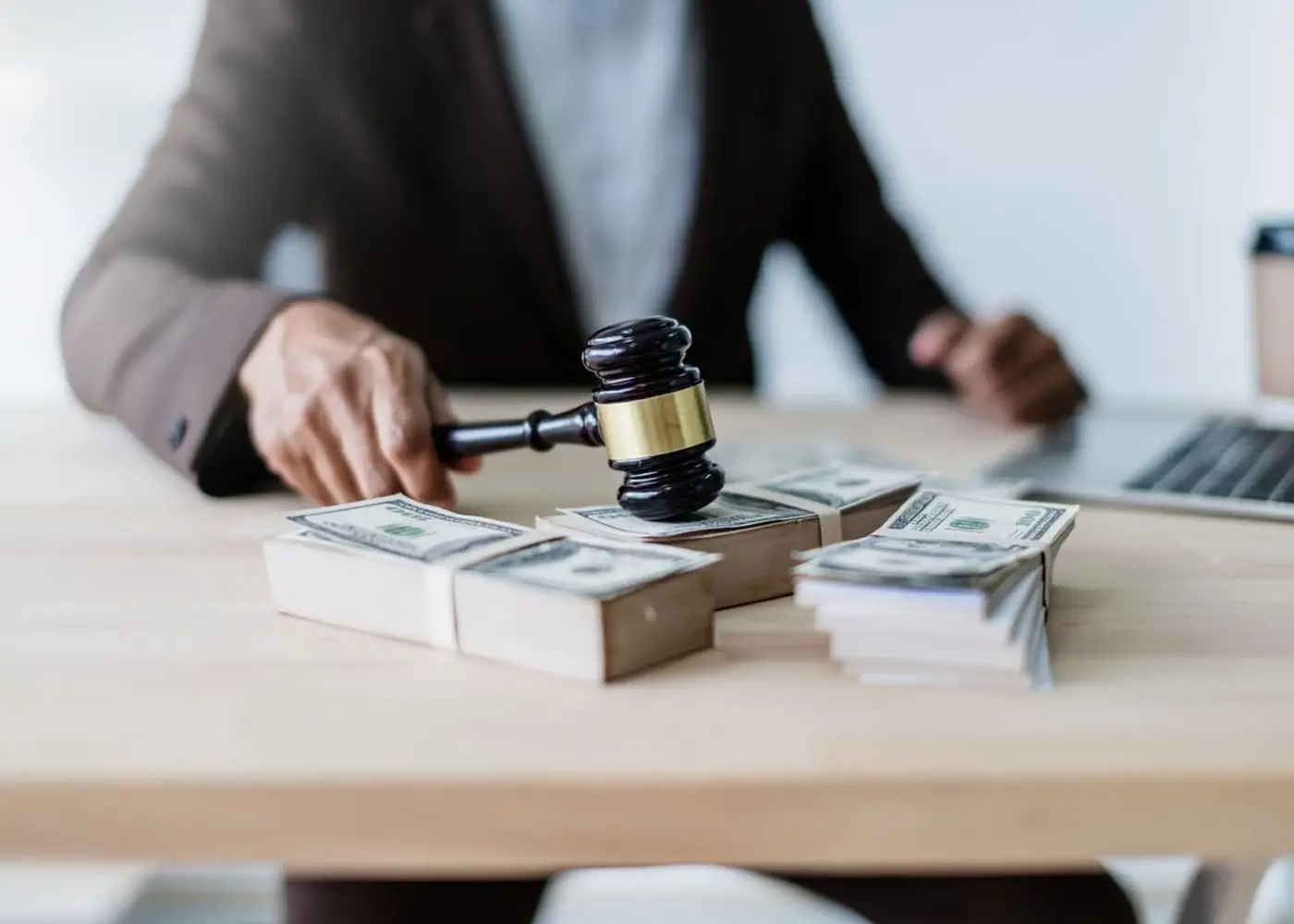When people think of bankruptcy, they often imagine middle-aged individuals who rack up severe debt with a mortgage, car loans and credit cards. However, a variety of people are filing for bankruptcy.
Depending on state law, a successful Chapter 7 bankruptcy can erase unsecured debts. However, you must pass Part 1 of your state’s “means test†to qualify.
1. You’re unable to pay your debts
Often, the biggest reason for filing bankruptcy is that you’re simply unable to pay your debts. Whether that’s because you’ve run out of income sources, can’t afford to make any payments or you have too much revolving debt (like credit card debt), your financial situation may be at an impasse.
Bankruptcy can help in a number of ways, including discharging unsecured debt such as credit card debt and medical bills and stopping foreclosures and repossessions. It can also keep utilities from being disconnected and prevent creditors from suing for collection.
However, before deciding to file for bankruptcy, it’s worth trying some other options first like seeking credit counseling or working with creditors on a payment plan. It’s also a good idea to create a budget and try to find ways to cut expenses. Remember, though, that declaring bankruptcy will remain on your credit record for 10 years or more. It’s not a decision to be made lightly.
2. You’re facing foreclosure
Many hardships can cause someone to fall behind on their mortgage payments – some outside of their control. Unfortunately, lenders are not always willing to renegotiate terms when people are struggling and may begin foreclosure proceedings.
Filing for bankruptcy puts an automatic stay on all debt collection activities including efforts to foreclose on your home. The foreclosure process can only be reactivated once the bankruptcy is over or if the lender gets court permission to lift the stay.
Bankruptcy attorneys in Harrisburg,PA can help you determine whether you are eligible to file for Chapter 13 bankruptcy. This type of bankruptcy works by creating a plan based on your income to repay your debts over the course of three to five years. Most of your debts will be discharged once you complete the repayment plan. However, any secured debt (such as your mortgage) must be paid back as part of this process. A qualified bankruptcy lawyer can explain the differences between secured and unsecured debts.
3. You’re suing someone
Even if a lawsuit has already been filed against you or a judgment entered against
you, filing for bankruptcy may put a halt to any collection efforts, including garnishment, levies on bank accounts and judgment lien filings on property. It can also stop any future actions against you, including most government licensing actions.
Filing for bankruptcy puts a legal shield around you, called the automatic stay, that stops all collections unless a creditor is granted permission by the court (via what is called a motion for relief from the stay) to resume action against you. However, if the creditor can prove that you owe them money, there aren’t many legal defenses you can use to fight it. And fighting it could end up costing you more in the long run. It’s far better to simply file for bankruptcy, if you have the financial means to do so. A local bankruptcy attorney can explain this process and help you with your decision.
4. You’re facing a divorce
Many people find that they have to file for bankruptcy after a divorce. This is because the cost of supporting two households can quickly add up. This includes mortgage or rent payments, utility bills, child care expenses, and more. Then, there are all of the other debts that may be dischargeable in a bankruptcy including credit card and payday loan debt, as well as unpaid tax debt.
Some types of debt are non-dischargeable in bankruptcy, such as child support or spousal support. However, a debtor may be able to pay back past due support obligations through a Chapter 13 repayment plan that lasts three or five years. Therefore, it is important to speak with a lawyer if you’re considering filing for bankruptcy and are going through a divorce. They can explain how this may affect your situation and help you determine the best course of action for moving forward.

All Comment 0
Login to post a comment
No comments yet
Be the first to drop a comment